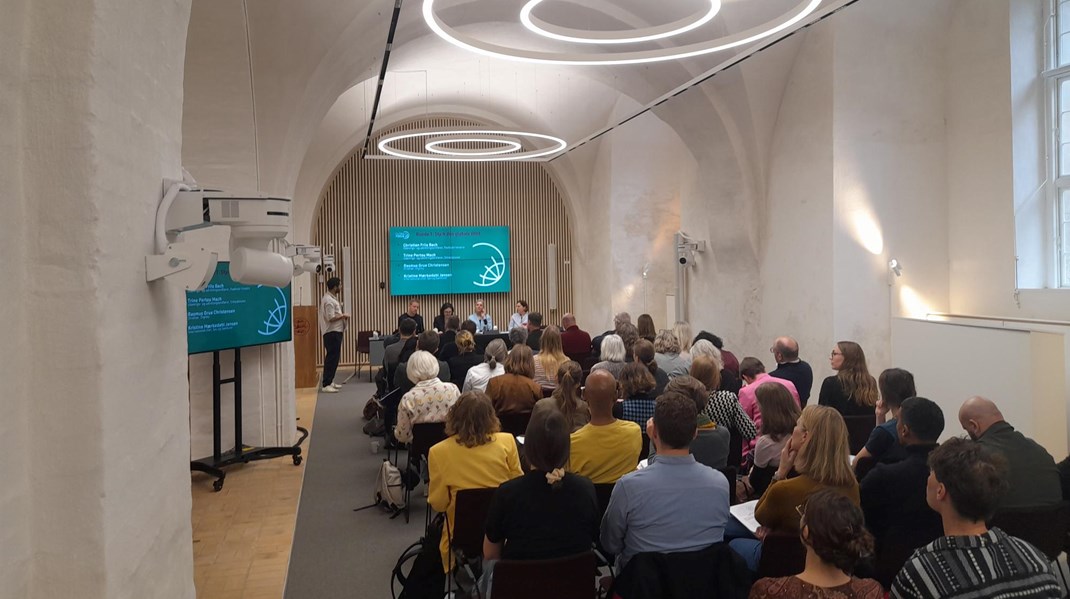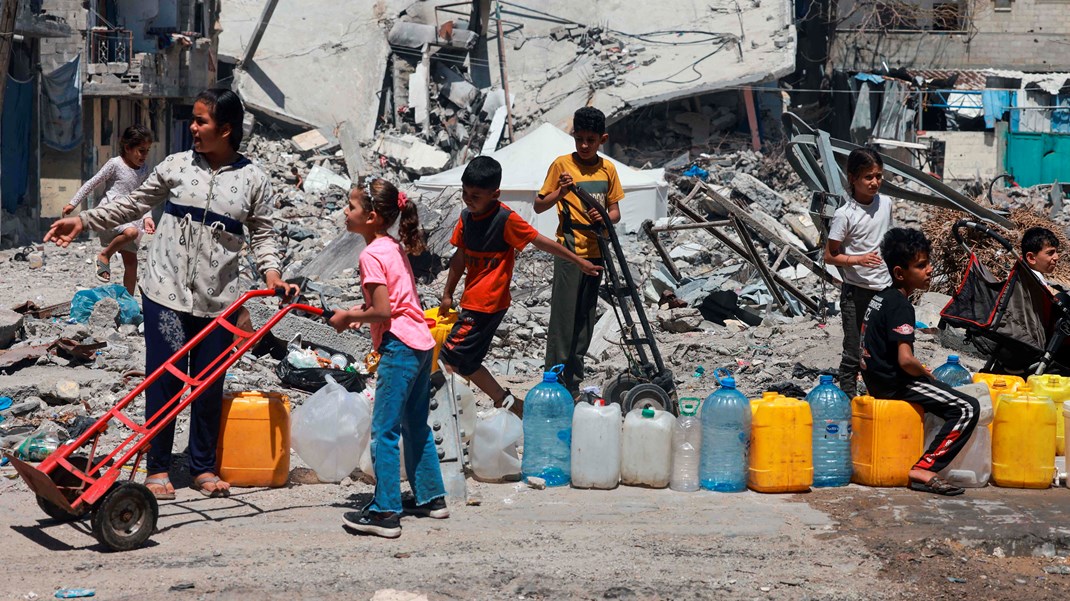UN and partners seek $41 million for Cyclone Idai response
(Maputo, 15 March 2019)
The UN and humanitarian partners in Mozambique appeal for US$40.8 million to provide critical emergency relief to 400,000 people who have been affected by Tropical Cyclone IDAI. Following the red alert issued by the Government of Mozambique on 12 March 2019, and its appeal for international assistance, the UN and our humanitarian partners are mobilizing to support the Government response.
Cyclone IDAI made landfall during the night of 14 to 15 March 2019, bringing torrential rains and winds to Zambezia, Manica, Sofala and Inhambane provinces. Based on preliminary information, we estimate that 600,000 people will be severely impacted by Cyclone IDAI, including 100,000 people already affected by flooding in early March in the provinces of Zambezia and Tete. The full impact of the cyclone will be determined by rapid inter-sectorial needs assessments. However, it is imperative that we act now on a no-regrets basis to reach those hardest-hit by the storm.
While comprehensive damage data will be collected in the aftermath of the cyclone, initial estimates indicate varying levels of destruction and interruption of services as follows: 1) damage to schools and health facilities, including materials and supplies; 2) damages to crops, including nearly 85,000 hectares of crops already impacted by flooding in early March, which will undermine food security and nutrition, including amongst the most vulnerable people already affected by the earlier floods and drought; 3) water supply destruction and interruption due to heavy winds and floods; 4) heightened risk of water borne diseases due to damage to sanitation facilities and prevalence of unsafe water; 5) destruction of houses and loss of non-food items; and 6) heightened protection risks, particularly for women and children, including increased risk of gender-based violence and possible displacement. The logistics sector has been activated to support the response through the provision of one helicopter for an initial period of 4 weeks to reach inaccessible areas with life-saving assistance and by facilitating coordination with national authorities.
In order to kick-start the emergency response, the UN and NGOs have prioritized the most time-critical life-saving activities in the education, health, WASH, food security, protection and nutrition sectors, with vital support from the logistics sector through the deployment of one helicopter for movement of humanitarian goods and aid workers. The initial multi-sectoral response aims at implementing life-saving activities to assist the most vulnerable population as outlined below:


